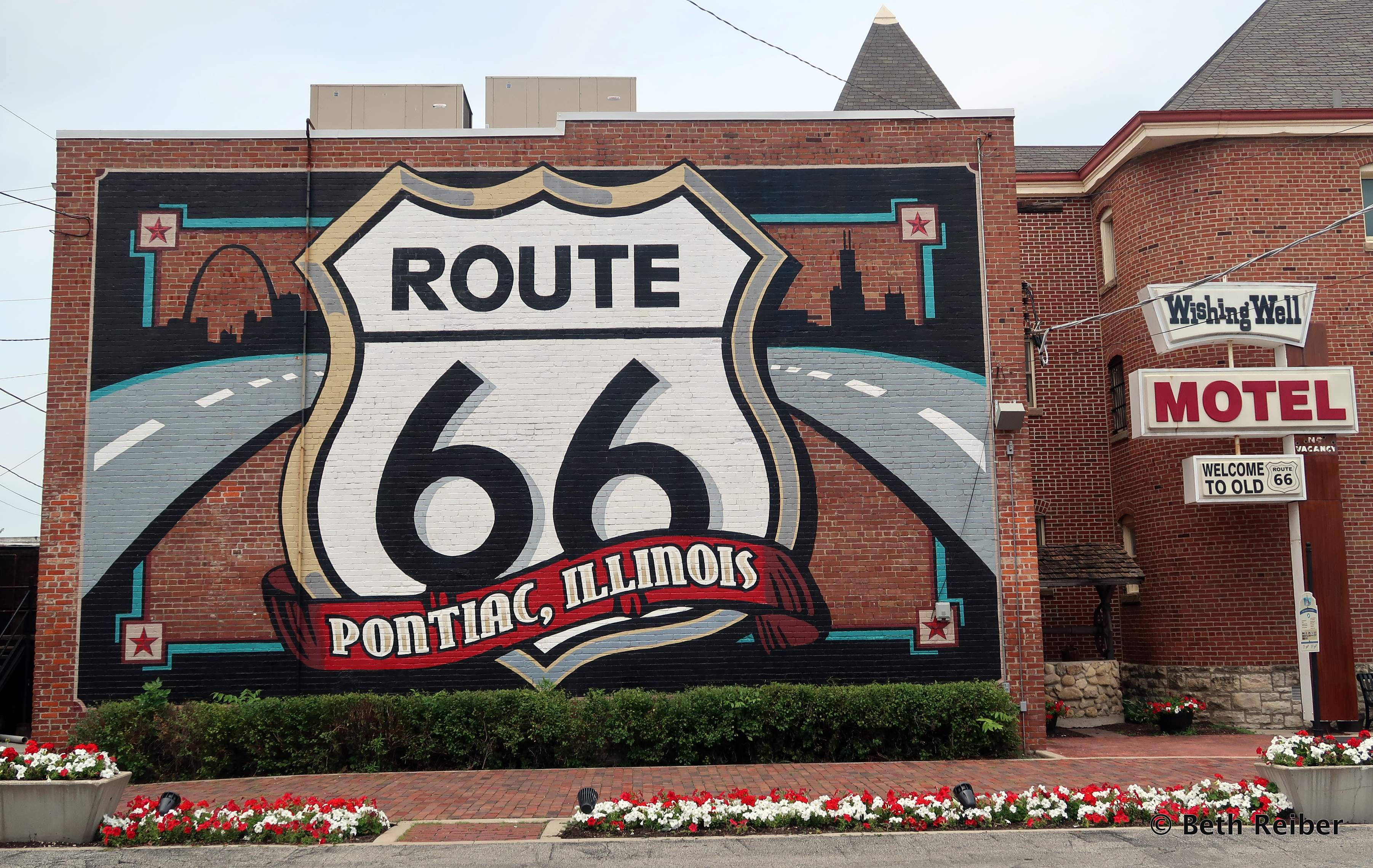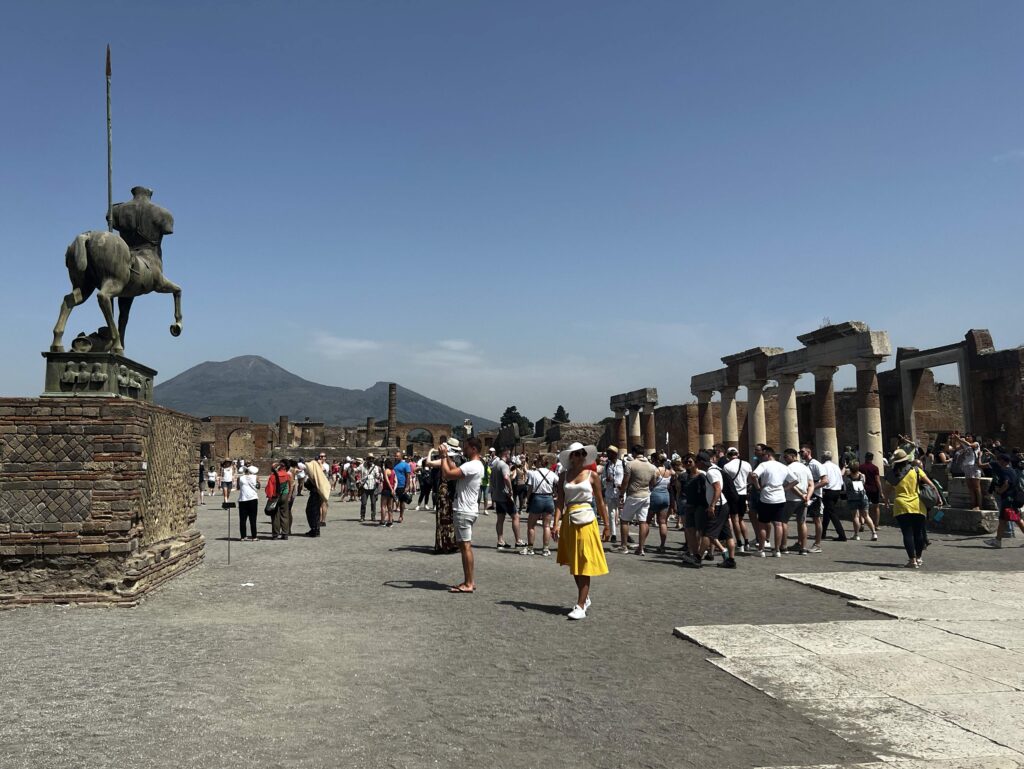I submitted a short store called The Greeting to Kansas Voices, a writing contest open to Kansans. It won honorable mention. This is the story:
THE GREETING
The wheat stood white under the glare of the sun, and the air pressed down over the Kansas fields like layers of hot steamed cotton. The whizzing and buzzing of the cicadas’ shrill scream gave voice to the oppressive heat, as grasshoppers flung themselves from one blade of grass to another.
But Lucy, who had lived all her life in Kansas, neither felt the heat, nor heard the cicadas, nor acknowledged the grasshoppers that whirred around her legs as she walked along the path to the barn door. She was buried in her thoughts, as she usually was when she did her daily chores. But this time, unlike most days, she was thinking about her husband.
She entered the dusty darkness of the barn, swung open the gate to the stall and patted the side of the old milking cow before setting herself on a stool with her pail. As her strong, brown hands pulled milk from the udders, Lucy was thinking that in thirty years of marriage, this was the first time she and Harry had ever been separated for more than a day.
It had finally come at last. Harry’s mother was dead. Just as well it’s finally over with, Lucy thought to herself, as the ping-ping of milk hitting tin rang hollow through the barn. Now they wouldn’t have to drive to Wichita once a month to see his ailing mother. They wouldn’t have to feel guilty for not going more often. They wouldn’t have to visit that sick-smelling rest home and watch his mother growing thinner and frailer and listen to the stories about her pain. It wasn’t that Lucy didn’t like her mother-in-law. It was just that she hated watching her die. She hated being in the city with all its traffic and she hated all those people. She had lived her whole life here on the farm, and every time she left it, she felt vaguely uneasy, as though she were moving out of her realm and into a world over which she had no control.
Lucy finished the milking, pushed open the barn door and emerged into the white light that for more than half a century had molded the deep creases around Lucy’s narrow eyes. A big yellow dog uncurled itself from a shadow underneath a tractor and came up to nudge Lucy’s hand. “Don’t worry, Jones.” Lucy patted the dog’s head. “Harry is coming back today. I imagine he’ll be here in an hour. You’ve missed him, haven’t you.”
Swinging open the screened backdoor, Lucy followed the dog into the house. She set down her pail and peered into a big pot resting above a small flame on the stove. The smell of roast swelled upwards. She was making roast stew, Harry’s favorite.
She gathered potatoes and carrots on to her cutting board and began slicing them. Lucy wondered what it was like for Harry to be in Wichita alone without her, taking care of his dead mother’s business. Suddenly she wondered, did Harry ever regret having left Wichita to come live with her on the farm? He had never said anything about it one way or the other. And after all these years, it had never occurred to her to ask.
It had all happened so long ago and so quickly. Her parents had died in an automobile accident when Lucy was in her late-twenties, leaving the modest farm and small herd of cattle to her. She knew she would have to find someone to help her run it. The farm was simply too much for her to handle alone. The neighbors, what few there were, speculated among themselves that Lucy would never find a husband, for she was not a pretty girl, her features were harsh and unfriendly and by nature she seemed sullen and unresponsive. But Lucy went to Wichita to stay with her aunt and to look for a husband. Harry, quiet, shy and unassuming, was the first man she met.
Lucy finished cutting up the potatoes and carrots and plopped them into the pot. She began to peel the skin away from a large onion.
Being alone must be affecting me strangely, Lucy mused to herself. It had put her into a contemplative mood. She was surprised to find herself wondering whether after all these years, Harry had grown to love her. Not that it mattered much now. Their life had never been passionate or romantic. She had married out of necessity, and she had never looked back. She was a hard-working, humorless person, this she knew, but neither of them had much need for words. After thirty years together, there wasn’t much left to say.
Their life was a routine, repeated day after day, year after year. Even the things they said to each other were part of the ritual. Like when Harry came in from the fields to eat, sweaty and dirty, sometimes with hired help, and Lucy always said, “Wash your hands. Dinner’s ready.” Stuck in her reflective mood, it occurred to her now how absurd it was to always tell her husband to wash his hands. Useless words, she decided, and resolved to quit saying them.
Lucy became aware that tears were running down her cheeks. From the onions. She dabbed at her eyes with her apron and then blindly threw the onions in with the rest of the stew.
Corn on the cob would be good. She filled a pot with water, lit another fire on the stove, pushed against the creaky backdoor and walked out into the vegetable patch. Perspiration beaded on her forehead and upper lip. She had forgotten to turn on the fan in the kitchen. Damn these insects. They were devouring her corn. She selected what looked like two good ears and returned to the kitchen. She remembered to turn on the fan.
Although it was only a vague feeling, Lucy realized she missed him. Would he be depressed? They hadn’t talked about it before he’d left. She didn’t even know how he felt about his mother’s death. It had seemed too difficult to talk about. And, when it came right down to it, unnecessary. Talking wouldn’t change anything.
He had been gone a whole week, and Lucy was looking forward to his coming home. But since they had never been separated, how should she greet him? She thought of the movies she had seen with wives running up to their husbands and flinging their arms around their husband’s necks. Lucy laughed out loud. Harry sure would be surprised if she did something like that. Maybe even pleased. But she would feel foolish doing that. After all these years.
Lucy shucked the corn, dug out the worms, put the corn into boiling water and turned down the heat. Then she went back outside to collect and fold the laundry from the line.
Harry would be home in time to enjoy the evening. It was their favorite time of the day, when all the work was done, when the sun hung low on the horizon and a warm glow threw everything into soft pastels. They usually sat on the front porch after dinner. It was part of their routine. The land in front of their house undulated softly and stretched for miles and the only thing that stood in the way was one lone tree. Lucy loved looking at that tree. As a child, she had always wondered how it had gotten there. The only other trees were along the hedgerow to the north.
“Maybe your grandmother planted it when they first settled here,” Harry had once said long ago. “So she’d have something to look at.” Lucy liked to believe him. It made the ties between her and that tree seem stronger. But as the years went on, that tree also made her sad if she let herself think about it. The bond with that tree, this farm, her parents and grandparents would die with her, since Harry and she hadn’t been able to have children. Harry would have been a great father, she certainly gave him that, the way he poured all his love into his long succession of dogs, into the farm animals, into work. For herself, she never could imagine some kid clinging to her leg, needing her comfort. But still. For the farm. She would have done it for the farm. It didn’t occur to her that a grown child might have wanted a life of its own.
Lucy carried the laundry basket into their bedroom and put the washed clothing and linens away. Then she went back into the kitchen to stir the stew.
Suddenly old Jones perked up his ears and rose slowly to his feet. His tail began to wag back and forth. No doubt about it. Far down the road, you could hear Harry’s truck. Lucy got out the plates, her good china from the time they were married, the china they always used on Sundays and on special occasions. Jones left the kitchen and went expectantly to the front door. You could hear Harry’s truck on the gravel road now. Lucy laid out the silverware and brought out the milk and glasses. The car door slammed. Jones began to whine. She took the potholders, lifted the heavy pot to the table and ladled stew into bowls. She got sliced white bread out of the breadbox. She heard the front door swing open and knew Harry was patting Jones, because she could hear the dog’s tail banging joyously against the wall.
She speared the corn onto a platter, placed it on the table and removed her apron. Everything was finished just in time, and Lucy was pleased. She walked into the hallway and looked at her husband. He lifted his head from where he bent over Jones. Their eyes met and held. “Wash your hands. Dinner’s ready,” Lucy said. Then she turned and walked back into the kitchen.





